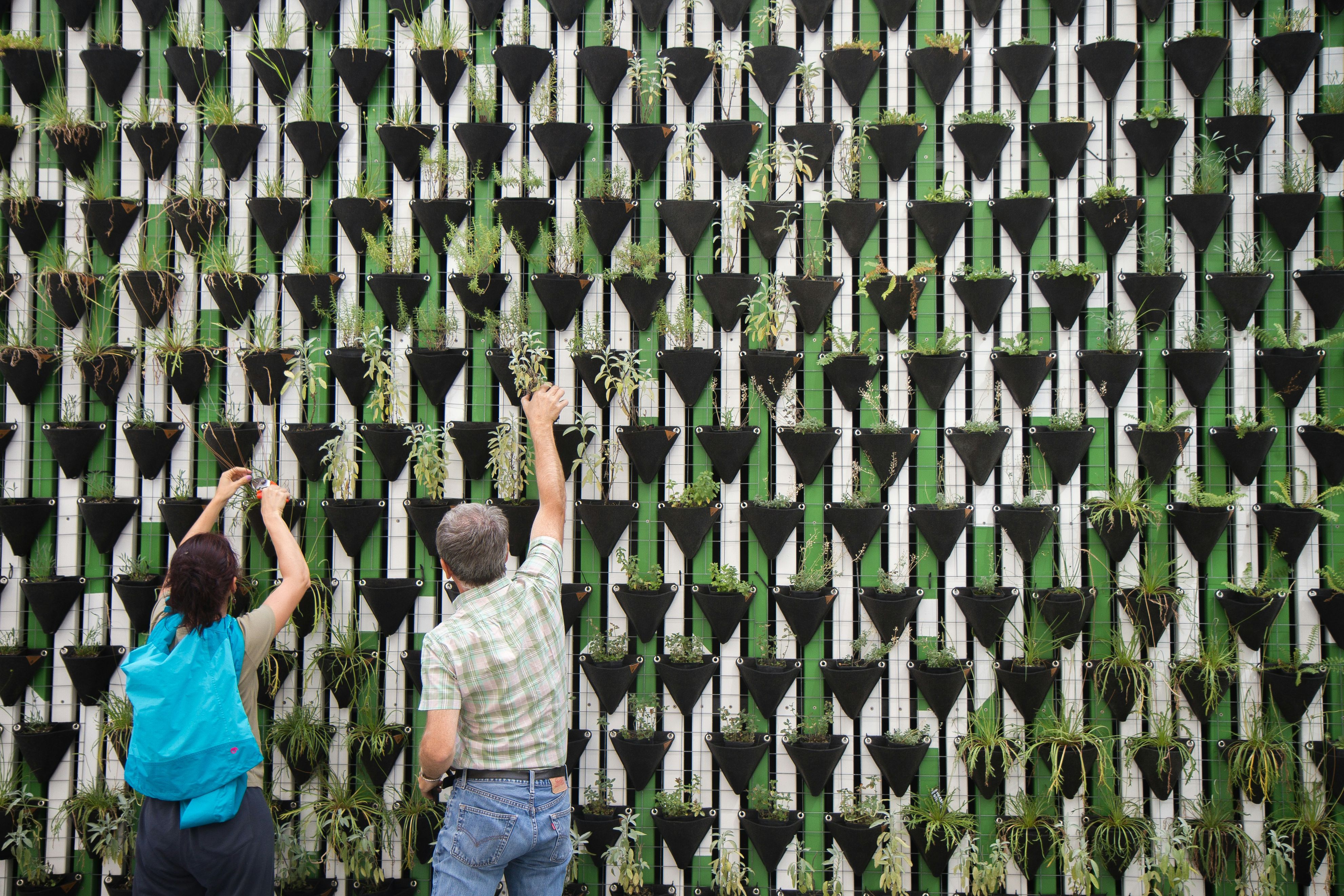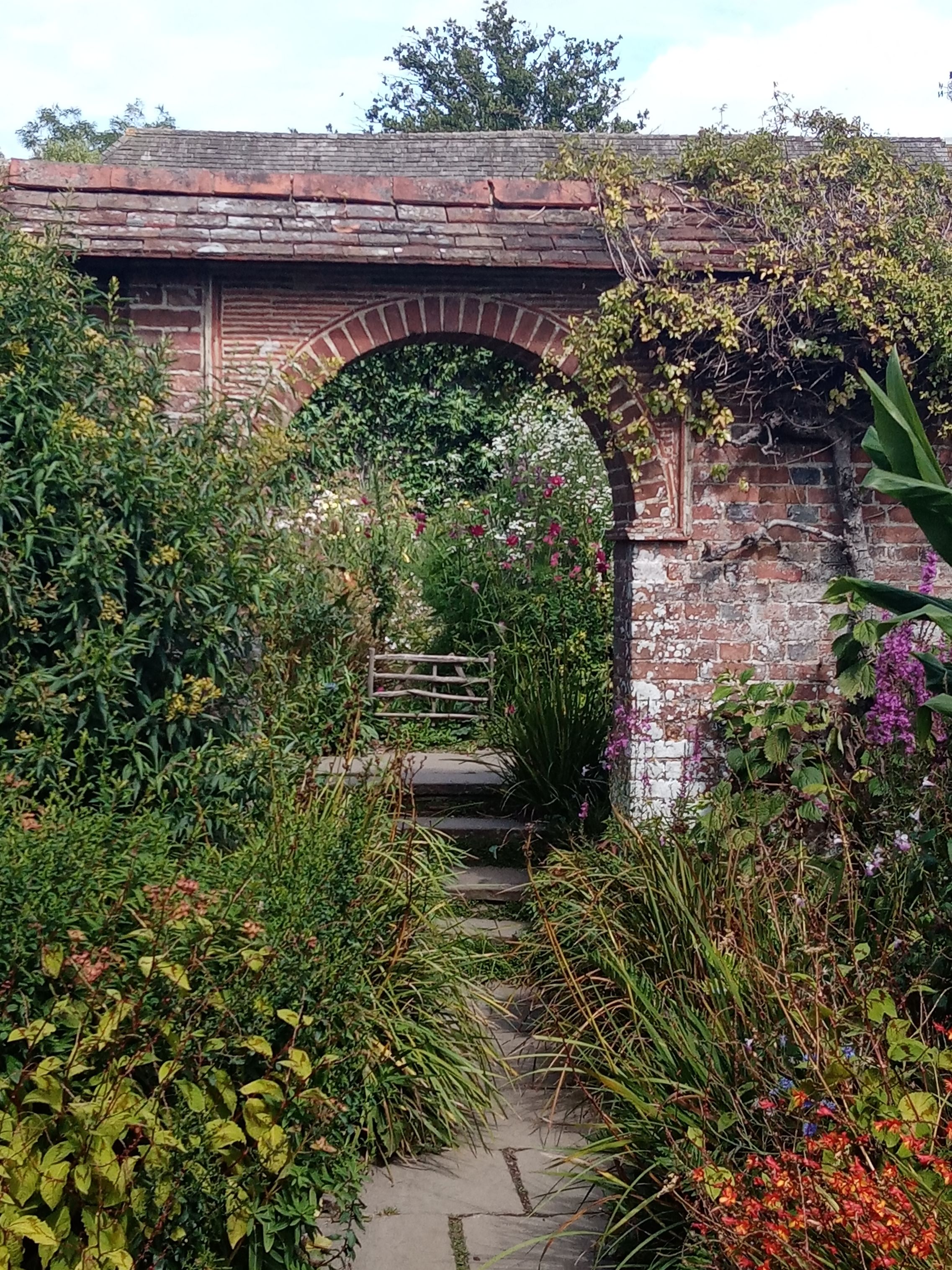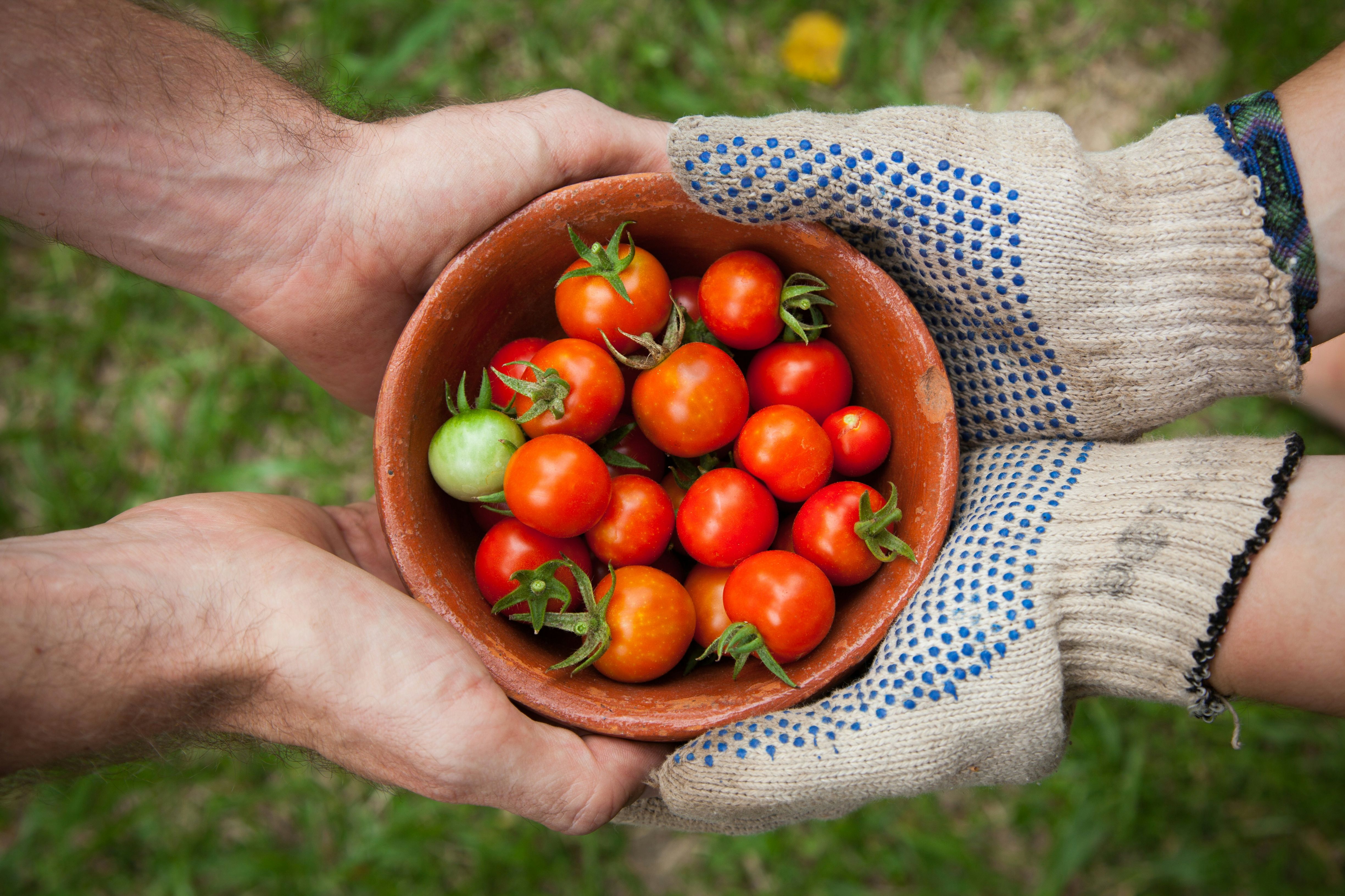Team Work
I work with leadership teams, teams with similar or diverse roles or groups made up of members of different teams. I work with strategic teams operating at a senior level, operational teams and teams facing the client base (students, clients, patients, customers).
How I work with you and your team is entirely bespoke. I draw on my diverse work experience overseas, working in international education and in my immersive, experiential training in leadership and group dynamics.
Before we begin, we will meet online or face to face to discuss what is happening. Based on our discussions I will design an intervention that is tailored to your needs, the level, task and size of the team, the time you can commit and your budget. We agree who needs to be included and in what way. The proposed project is discussed and amended until approval.
What might this look like? See examples below.

Team development day.
This might form part of your regular annual practice for a team or a group of teams in a department. It might be based on a particular need the team has expressed or that you have identified. This is useful if you want to offer a space for the team to meet together away from the day-to-day. You might want to reflect on recent achievements or to prepare for work ahead. You might want to focus on a theme that is pertinent to your current work such as communication, collaboration, wellbeing, or working with change.
Ideally this is a face-to-face session.
The result is a team that is more connected and aware of how they work, more conscious of what works well and what to build on as well as areas for improvement.

Time-limited intervention.
Working across several months I meet with the team to focus on a particular challenge. This might be about managing change, managing conflict, improving collaboration (within and/or across teams), or simply finding ways to improve team functioning. We agree on how much structure the team needs and I design a process that allows the team to fully explore the situation. The design might also include observing the team at work and/or meeting and talking to colleagues who work alongside the team.
I create a confidential space where colleagues feel safe to share what they really think and feel. Through deep, meaningful discussion and shared activities, the team learns about each other, about individual preferences, how they impact on each other, how the task impacts on how they work and how the context they are working in influences how they approach their work, the team and the organisation.
In addition to group work, the intervention can include 1-1 support for individuals who need it.
This can be face-to-face, online or a combination.
Providing this kind of support demonstrates a level of commitment that can make the team feel highly valued. The result is a team that is much more aware of themselves as individuals and as a team: a team that is more connected, communicative, purposeful, focused, productive, motivated, and happier.

Ongoing reflective practice
This is a way of providing external support to a team over time. We agree how often we meet: monthly or quarterly or a couple of times a year. This kind of support provides opportunities for the team to think about work experience in order to learn from it. Reflecting together as a team can bring additional insights and new perspectives for individuals and the group.
Why reflective practice?
- It can help a team to make sense of something that has been difficult / confusing / taking up headspace.
- It can help a team to process feelings about the work.
- Builds trust over time.
- It can help teams to identify what went well, what didn’t go so well and identify areas for improvement and development.
- It can help teams consider trying out different approaches.
- It can enhance individuals’ self-awareness and professional practice.
This can be face-to-face, online or a combination.
